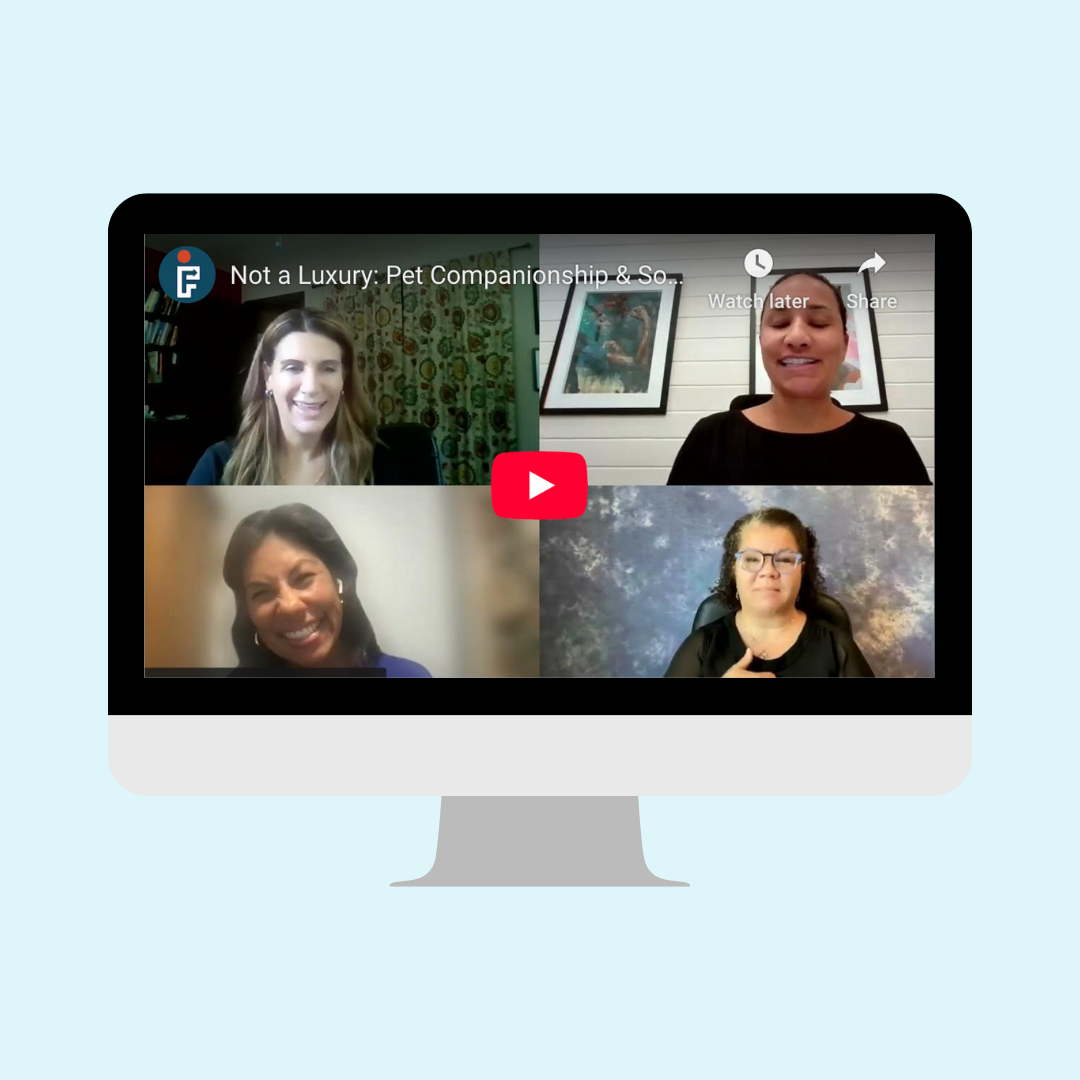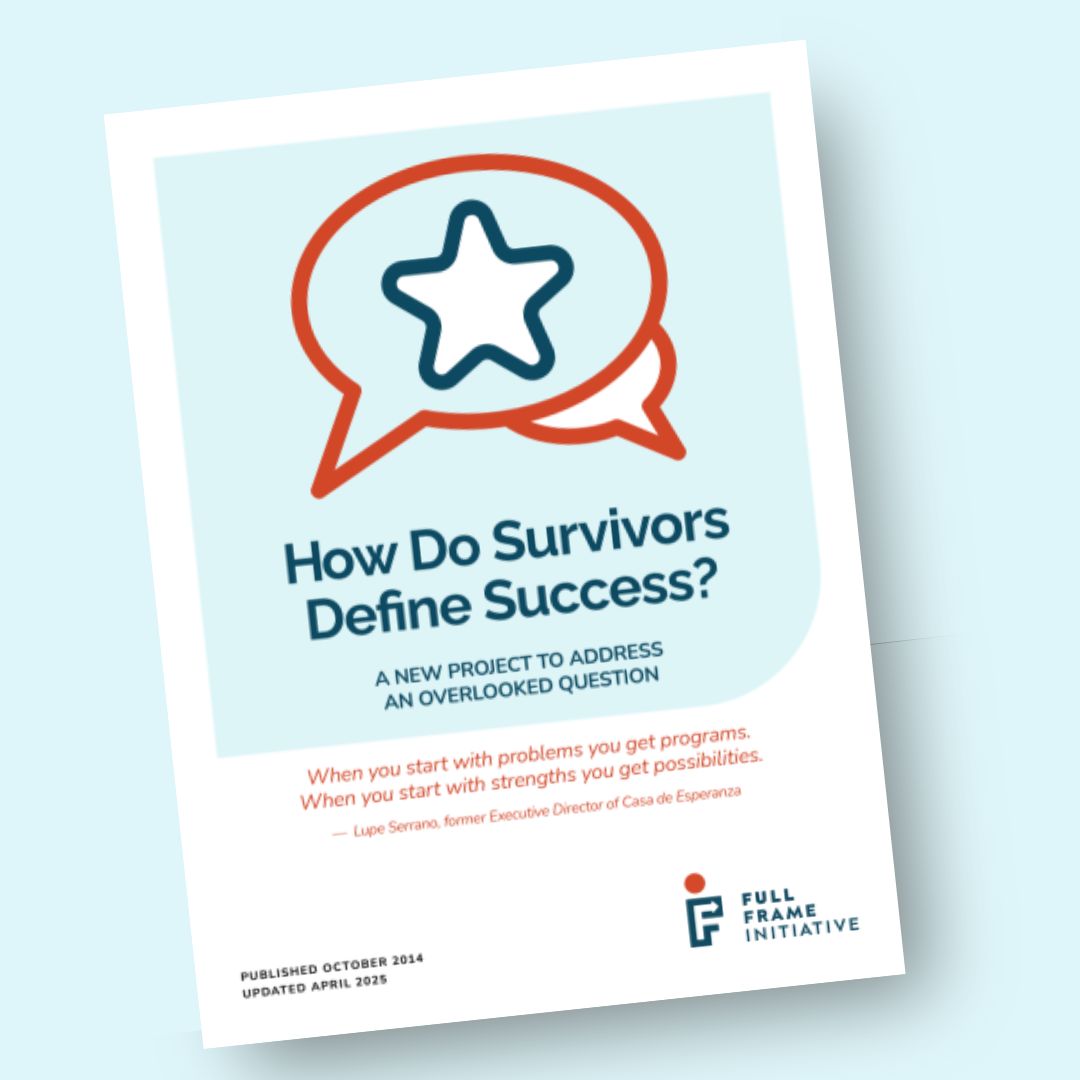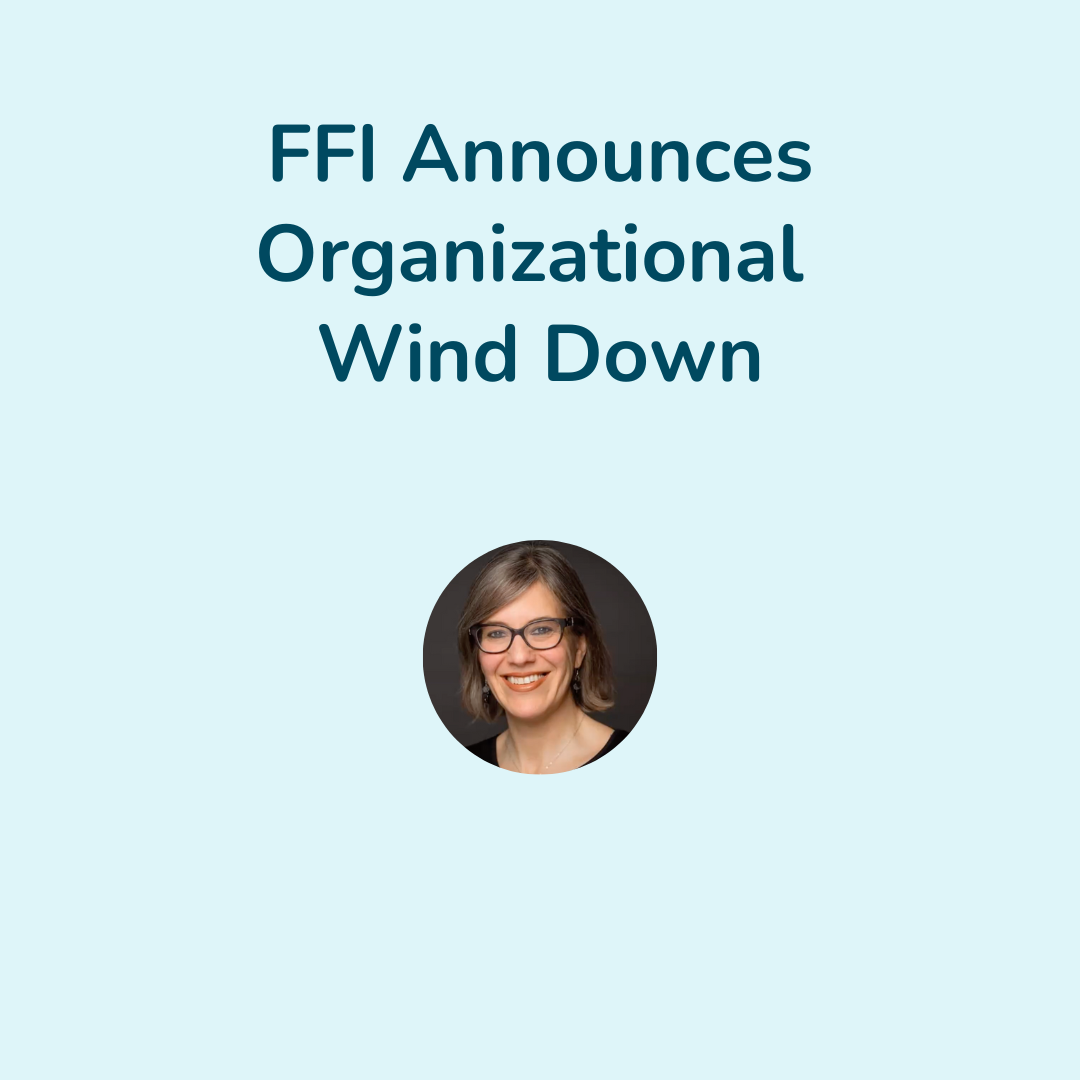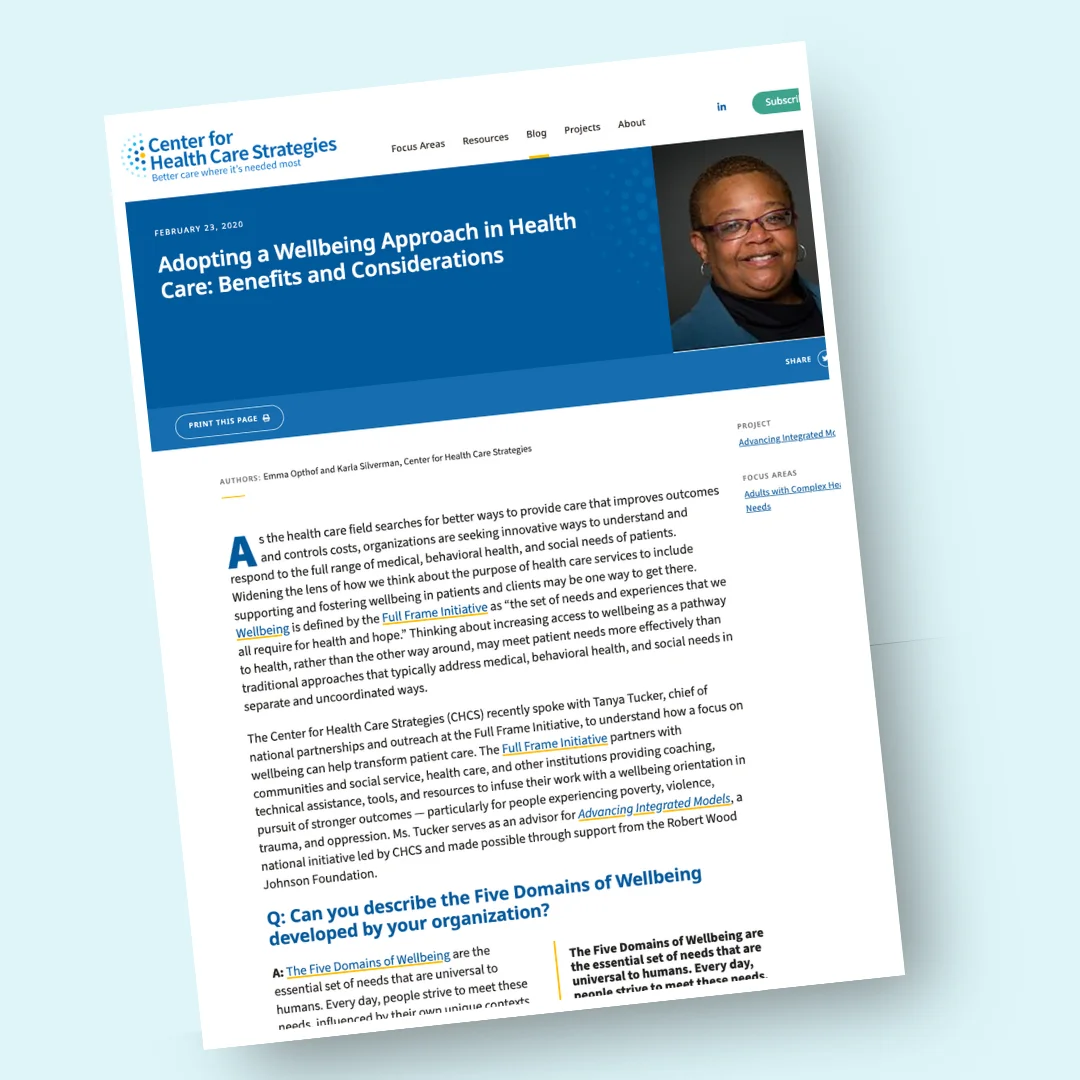
The Wellbeing Blueprint, the Humane Society of the United States’ Pets for Life program and HEART L.A. discuss the intersection of pet ownership, poverty, housing instability and social justice.

Amanda Arrington is the Senior Director of the groundbreaking Pets for Life (PFL) program at the Humane Society of the United States (HSUS) and previously served as a lobbyist and North Carolina State Director for HSUS. With PFL, Amanda guides a social justice-driven approach to create equity in and access to pet resources and information for people in under-served communities. Under her leadership the program has been implemented in over 50 markets across the country and is working to make companion animal welfare a more just and inclusive movement.
Amanda is also the founder and Executive Director of Beyond Fences, a non-profit based in Durham, NC. The organization builds trust and relationships in communities by providing no-fee pet services and support for people experiencing poverty.
Amanda currently serves as co-chair of The Association for Animal Welfare Advancement’s DEI committee and received the prestigious American Veterinary Medical Association Humane Award in 2018.

Dianne Prado is the Founder and Executive Director of the Housing Equity & Advocacy Resource Team (HEART LA), a legal non-profit that helps ensure people and their pets remain housed. Dianne started her career as a staff attorney with the Eviction Defense Network, and later joined Inner City Law Center in 2012 where she defended tenants in evictions and sued slumlords in affirmative litigation suits. Dianne is an appointed public member of the CA Veterinary Medical Board, trainer and consultant for the Stay Housed Los Angeles (SHLA) eviction defense program, and Lecturer in Law for UCLA Law School teaching Los Angeles Housing Law and Policy.

Policymakers, funders and organizations focus on survivors' safety to evaluate the effectiveness of domestic violence programs. We asked survivors how they define success and found a different answer.

After 15+ years moving the US toward a country where everyone has a fair shot at wellbeing, the Full Frame Initiative has made the careful decision to wind down as an organization. Read the letter from FFI’s Founder & CEO Katya Fels Smyth about the decision to intentionally close in a way that reflects our values and minimizes risk of harm to our partners and communities. We are committed to ensuring the work takes on new life beyond our organization’s boundaries.

The Center for Health Care Strategies (CHCS) interviewed Tanya Tucker, chief of national partnerships and outreach at the Full Frame Initiative, to understand how a focus on wellbeing can help transform patient care.